Content tagged with "food waste"
Toast Ale: Best thing since sliced bread
15.02.2018.
Toast Ale, brewery making beer out of unwanted bread, is on a mission to tackle the global food waste scandal. Founded in 2015 by Feedback founder Tristram Stuart, Toast Ale is brewing their beer with unsold loaves from bakeries and unused crusts from sandwich makers, with only other ingredients being hops, yeast and water. In their first 15 months, Toast Ale has managed to recycle 3.6 tonnes of bread.
more...Food waste: France is the most sustainable country
06.02.2018.
In France, supermarkets are banned from throwing away unsold food and restaurants must provide doggy bags when asked. This has helped France become the best country in terms of food sustainability. Japan, Germany, Spain and Sweden rounded out the top five in an index published the Economist Intelligence Unit (EIU), which graded 34 nations based on food waste, environment-friendly agriculture and quality nutrition.
Tackling food waste around the world
07.01.2018.
Up to one third of the food produced in the world gets lost or wasted before it is consumed by people. According to UN Food and Agriculture Organization this amounts to approximately 1.3 billion tonnes of food with roughly US$ 680 billion in industrialized countries and US$ 310 billion in developing countries. At the same time almost a billion people are living in food poverty. The food waste in Europe alone could feed around 200 million people.
more...Tinder for food: An App for sharing leftovers
26.12.2017.
OLIO is a mobile phone app founded in Britain and part of a wave of businesses using technology to cut waste and help the environment. Users download the app on their phones, create an account and upload a picture and a short description of the food they want to give away, from bananas to fresh herbs to lactose-free baby powder. They can contact each other via private messages to arrange for pick-ups, either at home or in a public place for the more privacy-conscious.
more...Špeceraj: first zero-waste store in Croatia
12.12.2017.
Fully adopting zero waste philosophy requires profound socioeconomic changes and fundamentally different approach not only to resources and production but also to consumption. However, some grocery stores have been taking small steps in the right direction.
Zero-waste stores, which sell food in bulk and eliminate packaging, have been growing in popularity in recent years. Croatia recently got its first zero-waste store - Špeceraj.
Green is the new Orange
20.11.2017.
Tesco, the UK’s largest supermarket chain, has recently announced that it will be selling green mandarins. Usually orange, mandarins have stayed green this year. Mandarins initially grow as green fruit but turn orange once the weather cools in autumn. However, the persisting warm weather has failed to turn them their normal colour. Tesco is the first UK supermarket to relax its quality specifications and sell these green mandarins, which is not only saving millions of tonnes of food waste, but is also saving producers’ businesses.
more...Facilitating food donation: The Good Samaritan Law
04.07.2017.
The General Food Law (EC Regulation 178/2002) identifies food donation as a “market operation”, and food donors as “food business operators”, which means that all actors taking part in food donation have to comply with the EU food legislation concerning responsibility, liability, traceability, food health and food safety. Prospective food donors often decide to discard surplus food instead of distributing it to charities or food banks in order to avoid risks associated with liability for donated food...
more...European Parliament proposal for cutting food waste
30.06.2017.
Environment MEPs have put forward a number of possible measures to cut the EU 88 million tonnes per year food waste by half by 2030.
The share of waste to be recycled would rise to 70% by 2030, from 44% today, under draft legislation adopted on March. MEPs also want the “waste package” plans to limit the share of landfilling, which has a big environmental impact, to 5% and to deliver a 50% reduction in food waste by 2030.

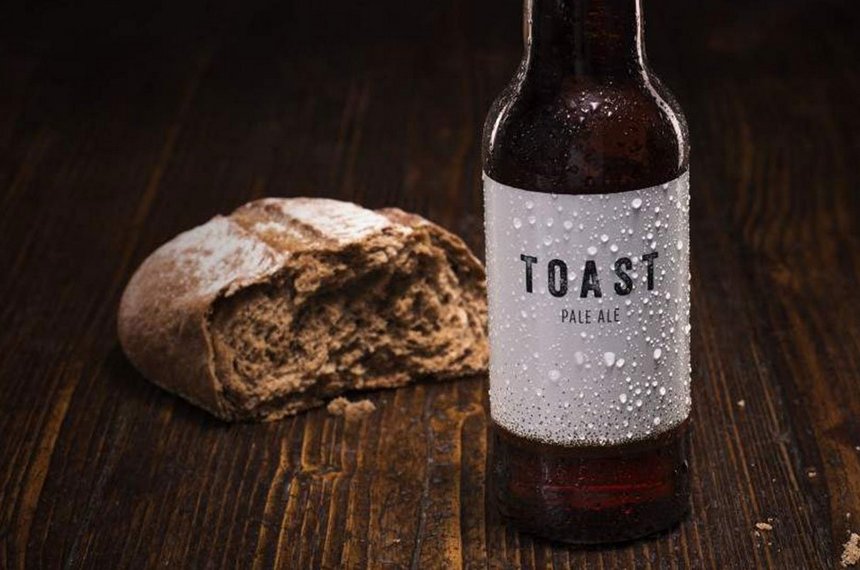
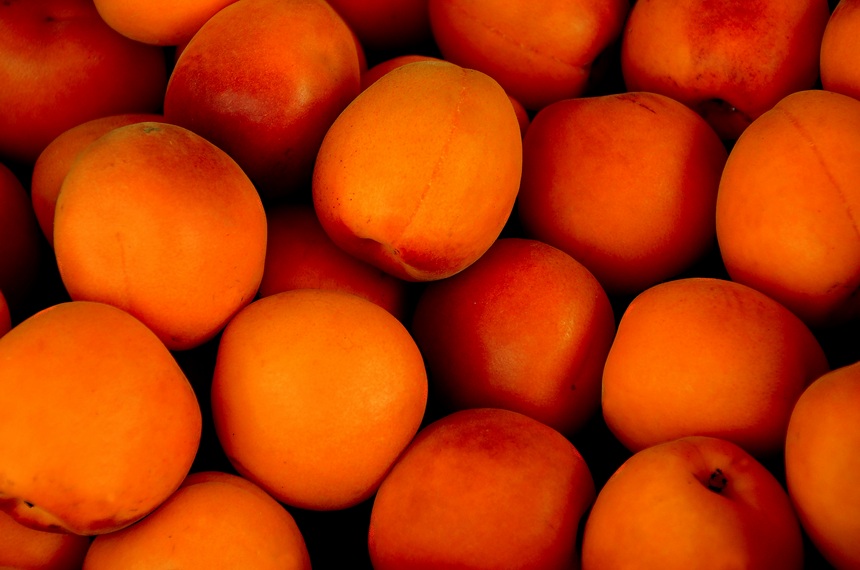
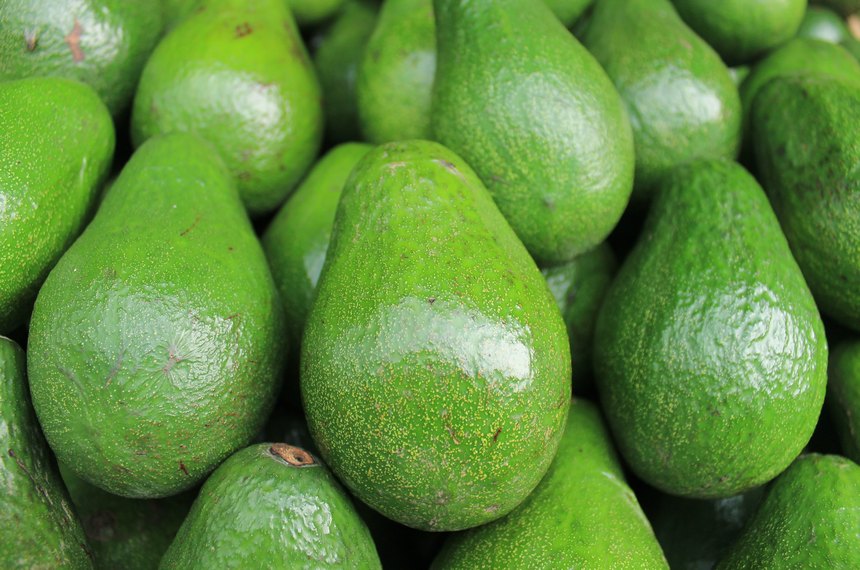
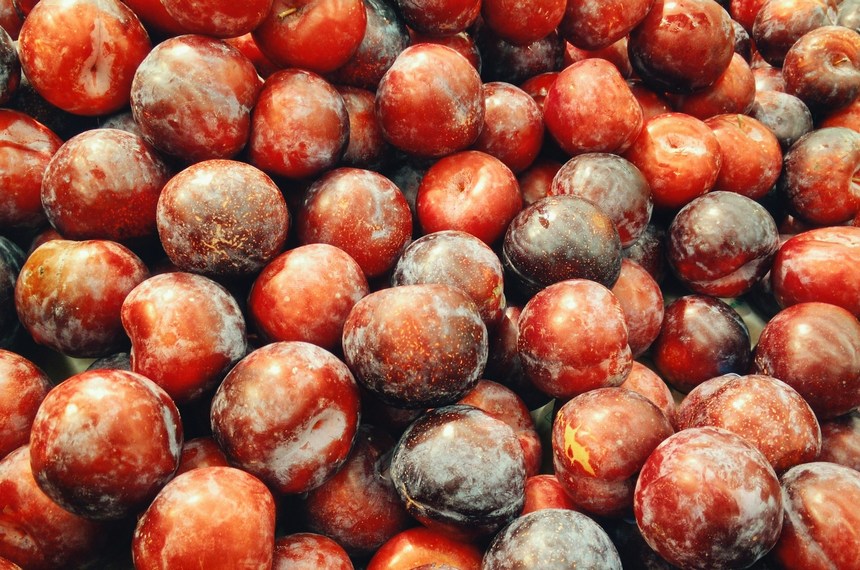
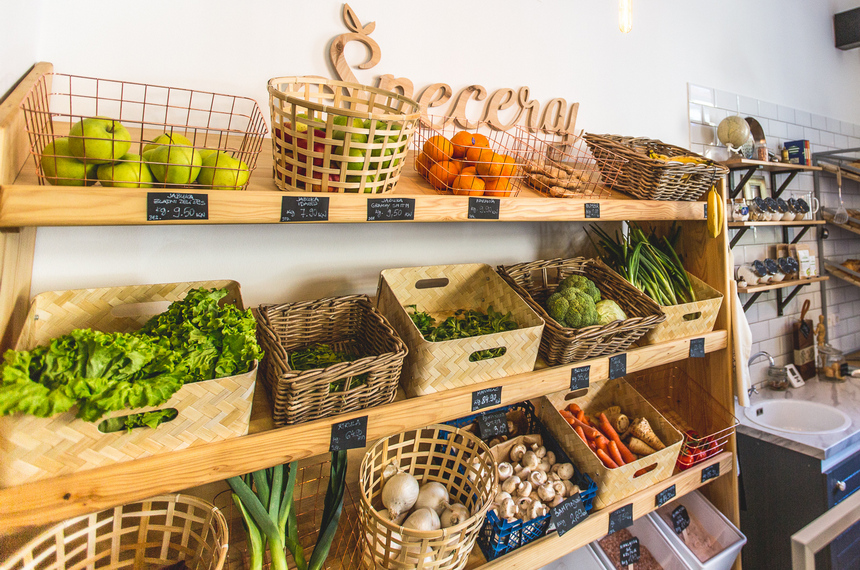
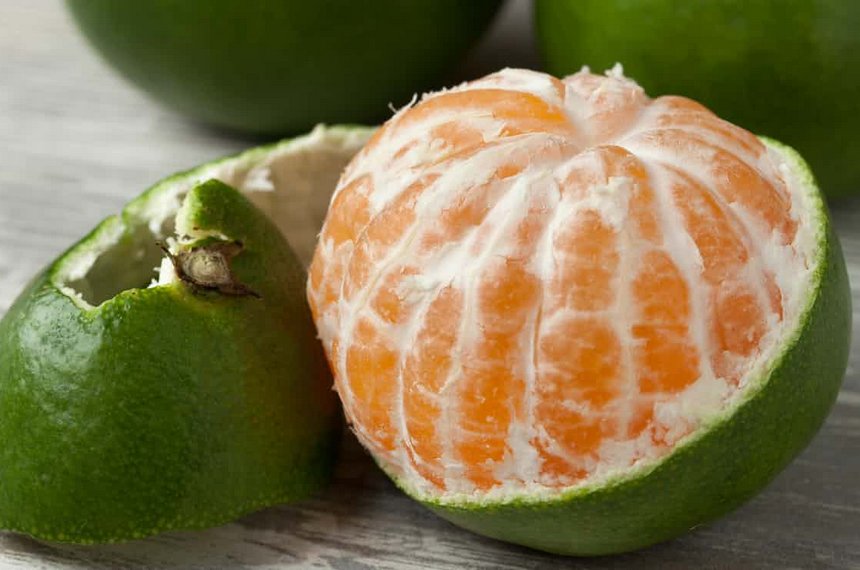
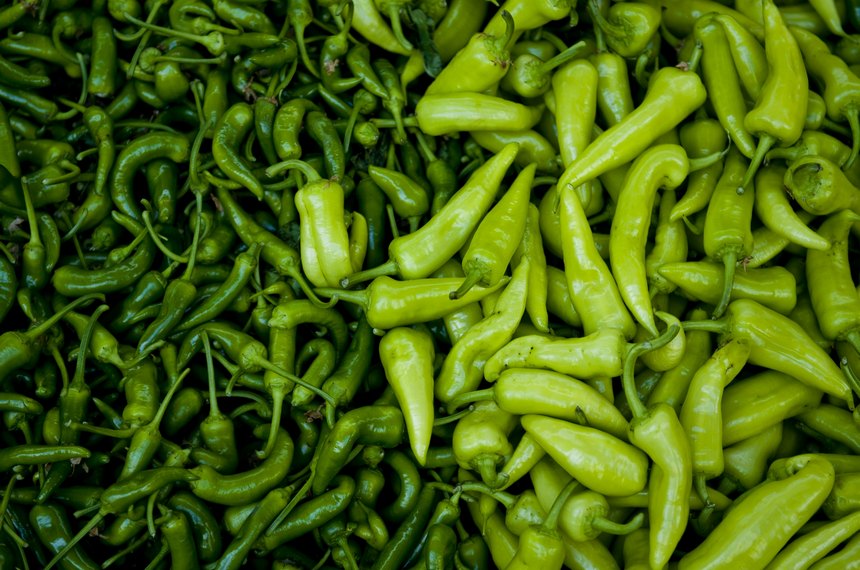
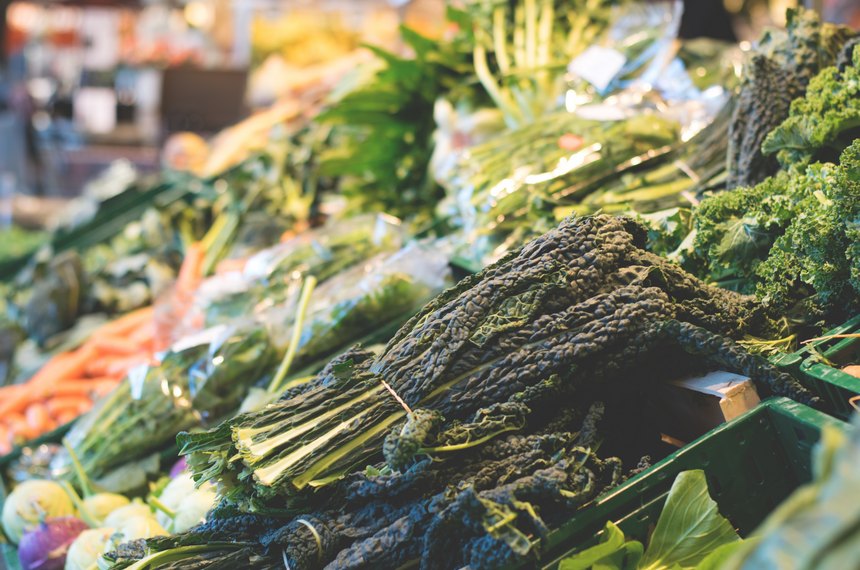
Follow us on